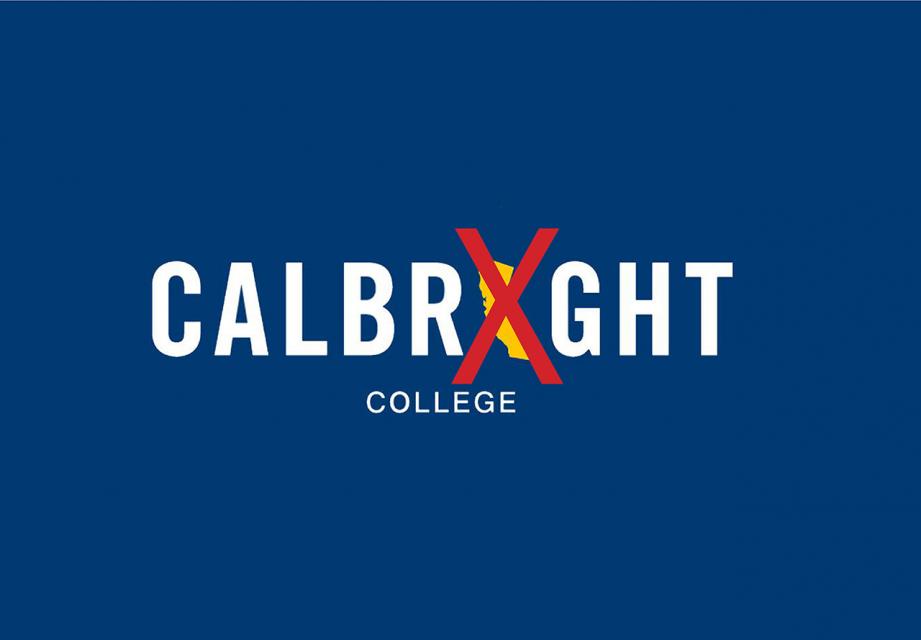On Monday, July 15, CFT President Jeff Freitas testified before the Board of Trustees of CalBright, California’s new online-only community college, sharing CFT’s continuing concerns with the launch of the college.
During his testimony, Freitas detailed several key areas that the online college has failed to meet its obligations and the law. Due to the serious nature of the violations, CFT is considering all legal options should the college not change course.
“Unless the Online College immediately becomes compliant with all aspects under which it was intended to open and operate, the CFT will initiate legal proceedings to protect the existing community colleges,” says Freitas.
Faculty leaders from the CFT Community College Council have identified five critical issues with the college:
- The Online College is duplicative of existing programs, in direct violation of California Education Code. CFT researchers found that the initial three core curricular programs being developed by the college (Medical Coding, Information Technology, and Cyber Security) already exist in a minimum of 15 examples in established colleges. Also in violation of Education Code, the chancellor’s office failed to notify the Legislature and Department of Finance about the duplicative offerings.
- The Online College is a diversion of critical taxpayer resources, coming at the expense of other current initiatives and programs, including all of the current Online CTE Pathways.
- The Online College is recruiting students from other districts, in direct violation of the California Education Code. Media reports indicate that Online College President Heather Hiles stated the mission of the college would be changing to include face-to-face meetings. When confronted about the apparent conflict, attorney’s for the chancellor’s office essentially indicated that that portion of the Education Code did not apply.
- The Online College isn’t informing potential students regarding the implications of taking courses prior to the colleges accreditation. The online college is failing to comply with the legal requirements for transparency regarding their accreditation status.
- The Online College hasn’t demonstrated that they have met several critical expectations as they were required to do so by July 1, 2019 deadline. This includes developing a seven-year implementation, developing internal business processes and personnel policies, mapping the student experience, developing an accreditation plan, creating a statewide outreach plan, among others.
Also on Monday, several CFT members attended the California Community College’s Board of Governors meeting and reiterated the CFT’s vote of no confidence in Chancellor Oakley taken in May.


